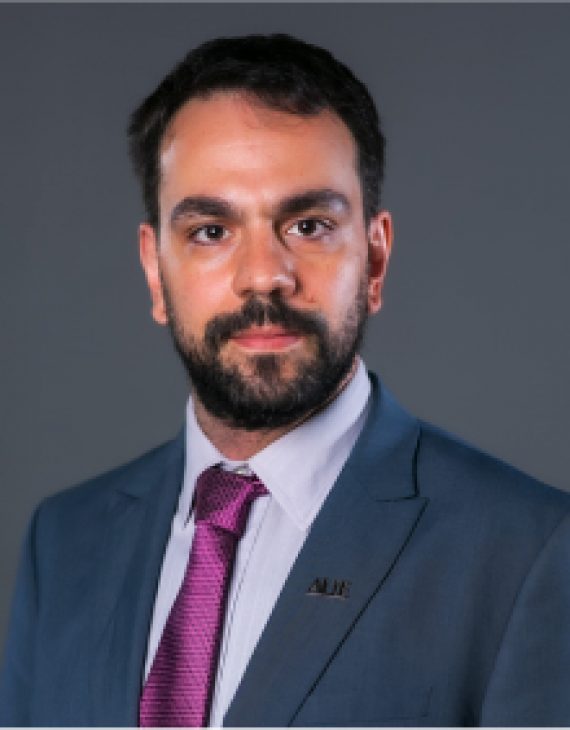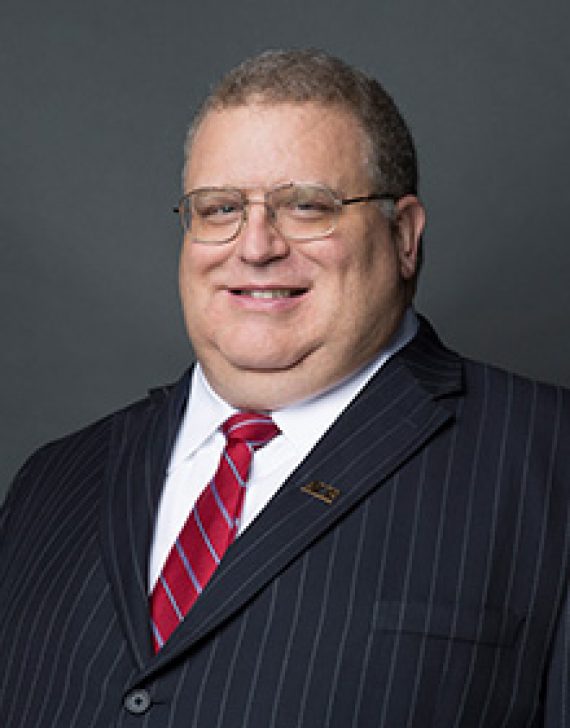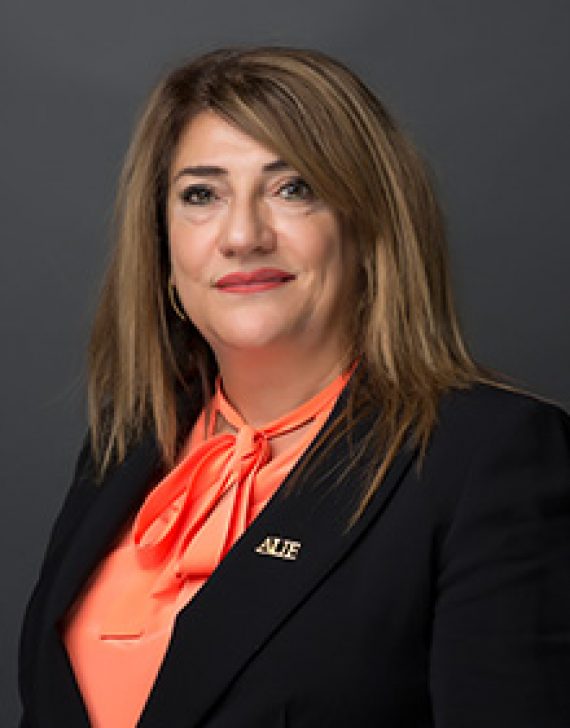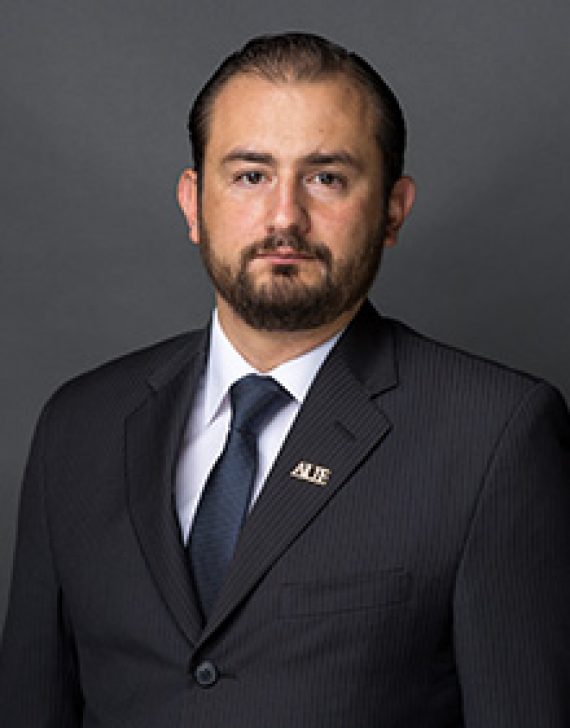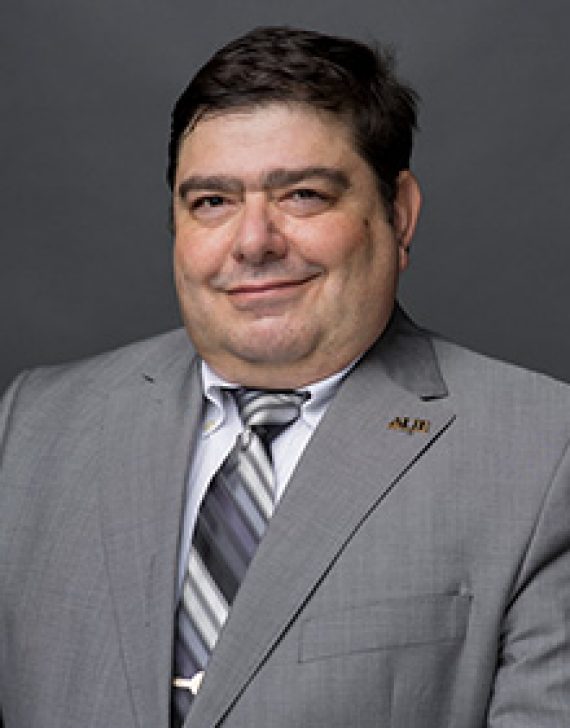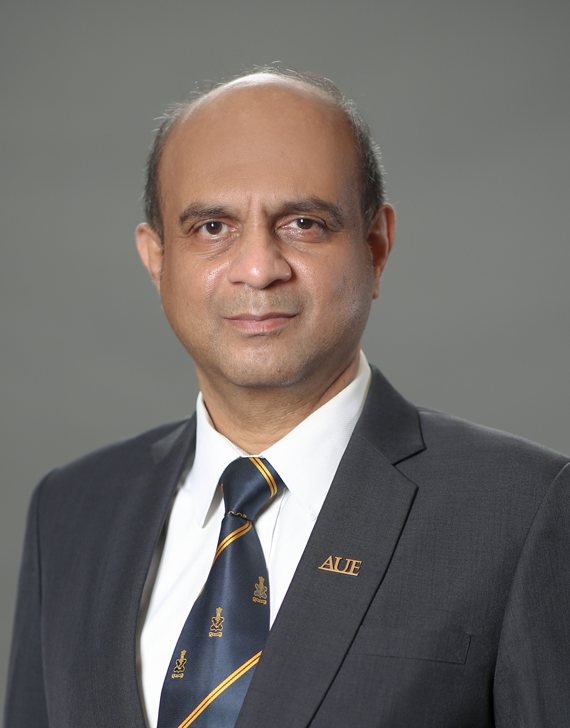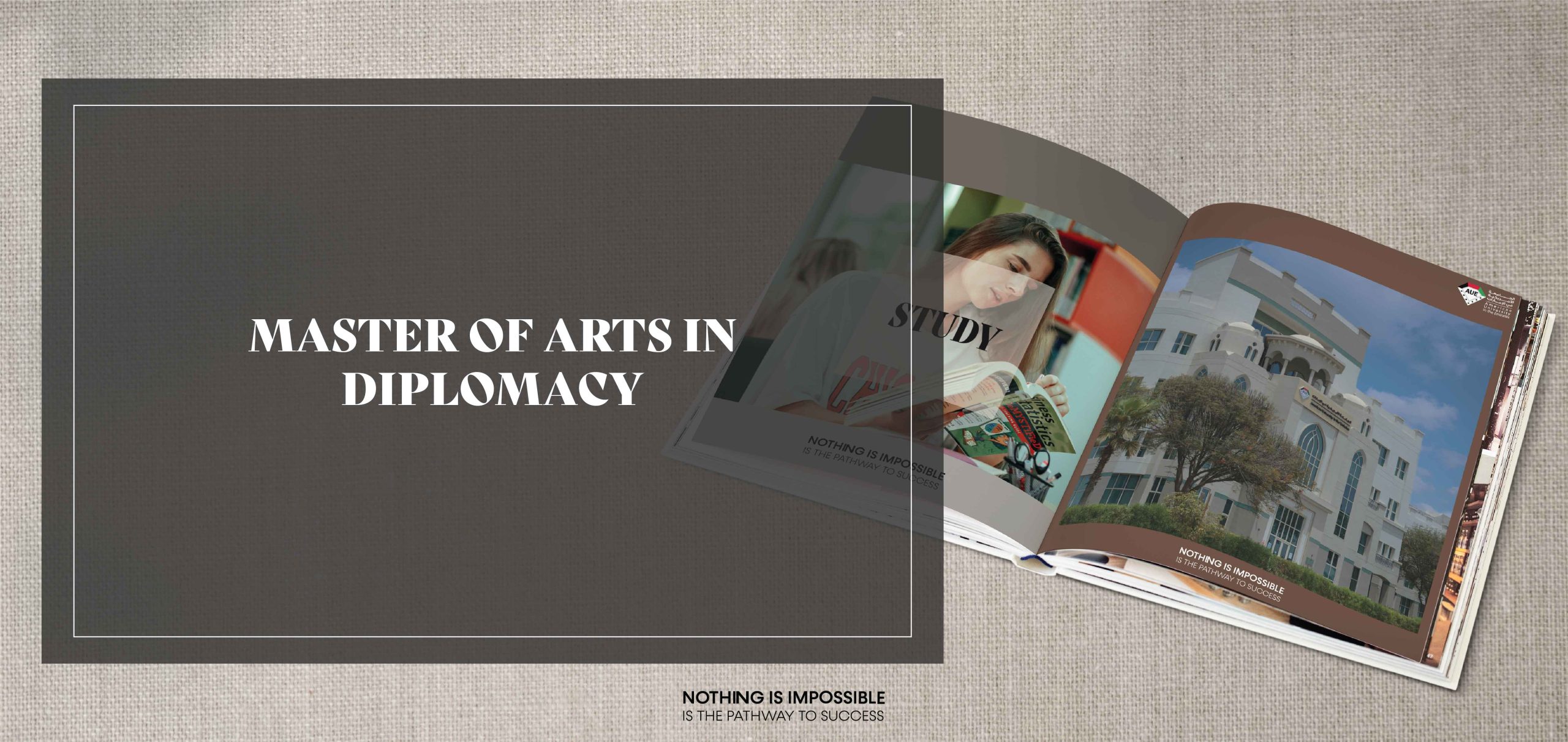
- Overview
- Program Structure
- Accreditations
- Faculty
- Admission
-
Duration
2 Years
-
Classes
Weekday Morning Weekday Evening
-
Fees
Tuition (One Semester) ……… Approx. 40,000 AED
One academic year is two semesters
Admission (One Time) ……… 3,500 AED
About Program
Embrace the world of international relations and diplomacy with our Master of Arts in Diplomacy program. Dive into the intricacies of global politics, diplomatic negotiations, international law and cultural diplomacy. Develop the skills to navigate complex international issues, foster diplomatic relationships and advance national interests. With this program, you will be prepared for any career in the diplomatic service, as well as in international organizations, policy research institutions and multinational corporations. Join us and become a bridge builder, forging connections and fostering understanding between nations.
Program Goals
- Provide students with an in-depth knowledge in diplomatic relations in their profession and in the international relations.
- Enable students to achieve skills in professional and international negotiations and diplomacy.
- Prepare students for pursuing higher education in diplomacy and international relations.
Program Learning Outcomes
- Coherently synthesize and summarize knowledge of the field of diplomacy through effective analytical inquiry of current and past diplomatic successes and failures.
- Compose and present effective communications in written and oral form demonstrating critical and discriminatory thinking skills across the curriculum
- Formulate innovative complex ideas to generate new solutions to long term diplomatic concerns and present this ability through formal recommendations in policy papers and presentations relative to the field.
- Analyze Diplomatic issues by applying critical thinking to construct problem solving solutions based on limited information.
- Design and lead (in simulation scenarios) a diplomatic team composed of appropriate skilled individuals to successfully negotiate a desired outcome to diplomatic issues.
- Apply ethical and culturally sensitive solutions to a variety of diplomatic concerns in written and oral communications.
Program Structure
Course Category
Bridging Courses
Core Courses
Elective Courses
Thesis 1
Thesis 2
Total (Excluding Bridging Courses)
Total Number of Courses
2
6
4
1
1
Total Number of Credit Hours
4
18
12
3
3
36 Credit Hours
- Bridging Courses
- Core Courses
- Free Elective Courses
- Thesis
This course examines the evolution of the international relations since WWII with emphasis on the Middle East. Students will explore the international relations evolved in the Middle East and how the middle east was not immune to the tensions between the world’s superpowers. Students will also Learn about various types, evolutions, historical roots and underpinnings of wars. Students will analyze and discuss the international systems since 1945 and their use and applications in understanding foreign policy, global conflict, wars on terrorism, search for peace and so on.
This course introduces graduate students to negotiation, mediation, and good offices techniques in a variety ofsettings. Different negotiation styles, stages of the negotiation process, and the negotiating environment are all discussed in this course. The course also covers conflict resolution theory, as well as peacekeeping and peacebuilding. It focuses on dangers, opportunities, and solutions that address the numerous dimensions of change that have occurred since the Cold War’s conclusion. This course also discusses the importance of communication skills, persuasion, and cultural differences.
This course focuses on Gulf states (UAE, Bahrain, Saudi Arabia, Oman, Qatar, and Kuwait) with regards to major issues in the world, mainly Energy, conflicts in the Middle East, foreign relations with major regional players and contemporary issues like migration.
This course enables students to comprehend and become critically aware of the specific scientific methods, concepts and theories in the field of diplomacy. The course provides students with advance skills to design, conduct and publish research projects that address current challenges to international and national security, yet maintain standards of scientific inquiry. Students will be able to identify and implement appropriate methods for addressing and conducting research in their field of study, as well as publishing the results of scientific inquiry in the form of a master level research project or article.
Students in this course will learn about the numerous sorts, forms, evolutions, historical roots, and underpinnings of various IR theories, allowing them to analyze global political issues and events. The course also illustrates the actual applicability of the major theories utilized in IR through case studies. Students will debate and explore IR theory’s methodologies, approaches, and paradigms, as well as their usage and applications in comprehending diplomatic conundrums, foreign policy, and global conflicts, as well as their prospective resolution.
This course examines the different aspects of International Law and its application in Diplomacy. It will reflect on the primary issues of public International Law, inclusive of the decision-making process within the United Nations (UN) and multi-lateral fora. It will unravel an understanding of what is required of diplomats for their effective participation in developing principles and norms. The course also introduces students to international tribunals, international human rights protection, state sovereignty, structure and briefly examines the role of international organizations. It will also examine the significance of advocating inter-regional, national, and international ideas at international forums.
This course explores the concepts of global politics, students will master the fundamental concepts related to security, diplomacy, and economy. Furthermore, through historical case studies, students will comprehend the context and evolution of global politics and will be able to analyze and assess the current and historical topics of foreign policy, global political economy, etc.
This course provides adequate knowledge about the relationship between military force, international security, military organizations, and mainly diplomacy. It also focuses on international relations which shape modern diplomacy such as: nuclear politics, war, secret intelligence, economic integration, and political fragmentation. The course also discusses the political development which has been accompanied by civil war, terrorism, use of force, instability, and occupation as well as the security variables that play an important role in contemporary diplomacy. Students in this course will also deal with statecraft emphasizing economic, demographic, and environmental issues.
This course focus on assessing the various aspects and politics of international economic relations at the global level and their interactions. Students will learn, debate, discuss and critically analyze major theories and perspectives used in the field as well as the issues and challenges of international trade, finance and development. The course will also discuss and analyze important topics such as foreign aid, foreign debt, international finance, foreign direct investment, MNCs as well as issues and challenges of global financial crisis and developmental issues. Furthermore, it will analyze the issues and challenges related to international trade, trade theories, trade finance. Students in this course will explore and examine the causes and reasons of financial crises in world economy, their causes and devastating impacts particularly on developing countries. Issues like, foreign investments, international monetary affairs, foreign aid, globalization, and protection of environment will also be discussed and analyzed in the class.
This is course will introduce students with laws, principles, philosophies and ideologies of the creations of multiple organizations worldwide and their broader roles and impacts in world politics. This course will explore and critically analyze international and regional organizations, their process of formations, goals, objectives and activities from liberal institutionalist perspectives. Students in this course will analyze the roles and places of regional and international organizations in resolving global and regional conflicts. The course will deal with all types and levels of organizations, global, regional, economic, political, security, environmental.
This course has both theoretical as well as practical orientations where students will learn, debate, discuss and analyze the history of diplomacy, its emergence, overtime growth and change and evolution in process and practices. Students will learn about various types and stages of diplomacy; ancient, medieval and modern and their respective values, characteristics, protocols and practices. A course will emphasize on various laws, charters, agreements, documents, and protocols that confirmed and legalized many of the rules, regulations and procedures that guide the activities of today’s diplomats. The ever- changing nature of diplomatic protocols, ceremonial and etiquette will also be discussed, debated and practiced in the class so that students will have practical experience and will be familiar with diplomatic culture, values and traditions of different peoples and nations. The trends of future directions in diplomacy and diplomatic services will also be discussed and debated in the class.
In this course students will study, debate, discuss and analyze the new and emerging phenomena of economic aspects of diplomacy which is qualitatively different from traditional diplomacy. It documents the transformation of economic diplomacy in the 1990s and early 2000s in response to the end of the Cold War, the advance of globalization and the growing influence of non-state actors like private business and civil society. This course explores the historical, philosophical, and practical roots and causes of the field’s emergence, with a particular focus on the NICs and other Southeast Asian countries that pioneered these changes and revolutions, which were later adopted by other countries to varying degrees and intensities. The course also discusses some major powerful organizations and Blocks, like the G-7, G-20, EU, BRICS, ASEAN, AU and other, shifting from political, security to economy, trade and investments.
This course is an exploration of foreign policy processes, actors, theories and cases. The primary purpose of this course is to introduce students to the skills associated with foreign policy analysis and evaluation, which can be used in intelligence, security and diplomacy. Students in this course will practice and analyze the major concepts and models in foreign policy with focus on governments, nations and international bodies as well as exploring the factors that influence contemporary foreign policy and behavior associated with different states.
This course is designed to introduce students to the major issues and approaches to Public Diplomacy, to explore its main tools, important contemporary questions, and debates in this field, and to help students to think critically about these relevant aspects in the context of an increasingly complex international environment. It also addresses important regional affairs in international relations to learn the role of Public Diplomacy, by analyzing critical issues and current events. The course also looks at contemporary issues including digital communications and media strategies, which are paramount to Public Diplomacy.
This course provides students with a comprehensive understanding of the crucial role of energy in modern societies and more specifically, how energy policies are shaped on international or domestic level. The course focuses on the contrasting benefits and drawbacks of mainstream energy sources, it analyses the environmental, social and economic aspects of energy use, along with an in-depth discussion of energy policies and diplomatic efforts. The course will enable students to gain experience in the research and analysis of specific cases they select for more detailed study. The course analyzes the current main energy and sustainability concepts and ideas through theoretical and methodological tools and aims at developing an ability to understand and practically handle them in real life situations. Students in this course will be enabled and empowered to handle situations, issues and challenges of energy and sustainability analysis and application on a personal and group level, and in all kinds of straightforward as well as complex settings.
This course focuses on cultural diplomacy and soft power. Education, religion, food, film, music, and other areas of cultural diplomacy will be analyzed and applied through case studies of countries such as the United States, Russia, China, Japan, and India, as well as organizations such as the European Union.
Students in this course will work with their thesis supervisor to develop a thesis proposal and begin their distinctive, applied research project. The primary goal is for the student to practice the mechanisms of transitioning from concept to active inquiry. Depending on the nature of the topic, the student will develop a study questions, conduct a literature review, develop a methodological approach, and begin preliminary research. Students are expected to apply qualitative, quantitative, and comparative research approaches to the chosen topic.
In this course, students will continue developing their thesis project, revising techniques (if required), addressing challenges, analyzing findings, and eventually articulating the complete experience. Students will build on work from the previous semester and put all of the pieces together to complete the final thesis project, following the required research process and procedures. Students will be required to provide a verbal defense as part of the assessment and fulfilment of the course.
Recommended Study Plan
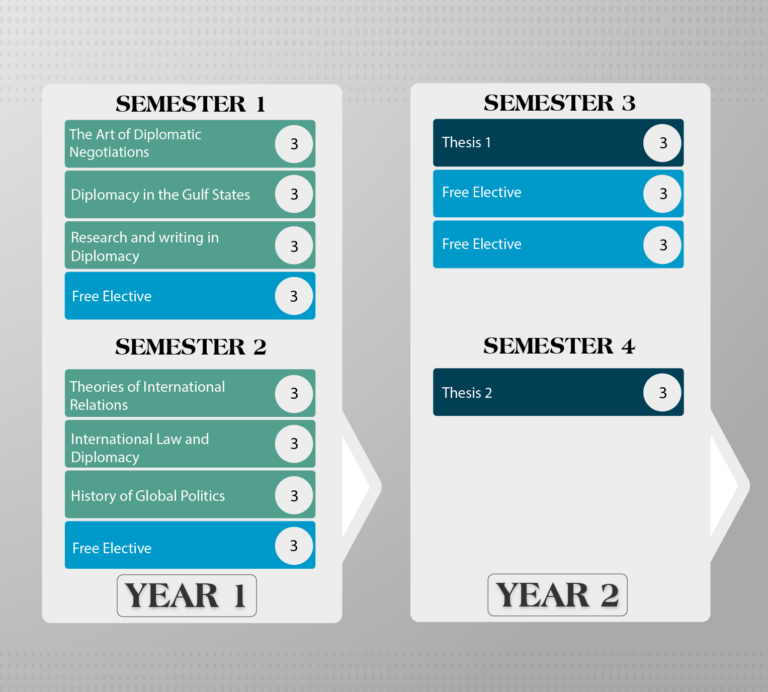
Accreditations
The American University in the Emirates is licensed by the UAE Ministry of Education – Commission for Academic Accreditation | caa.ae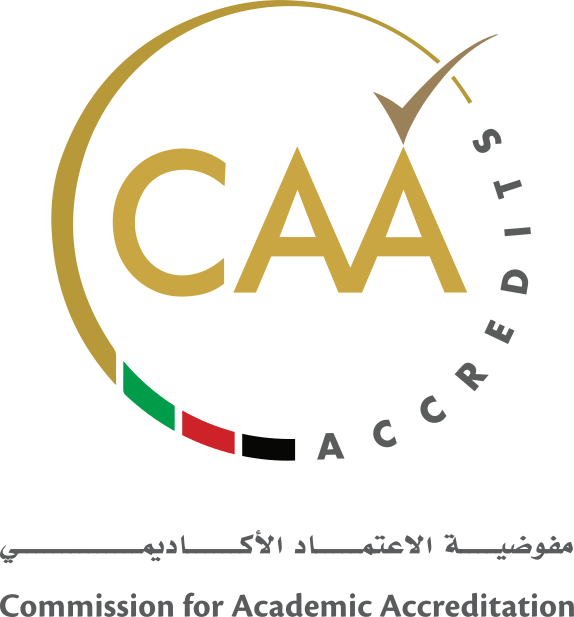
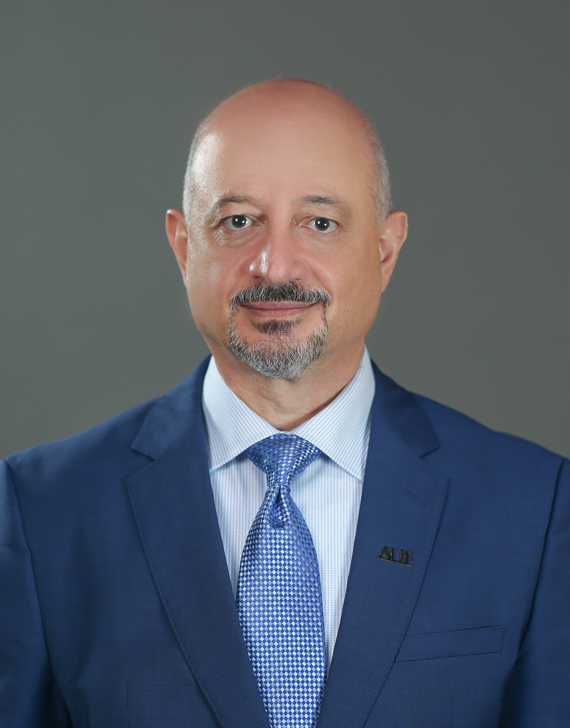
Prof. Chahine A. Ghais
Professor / Dean
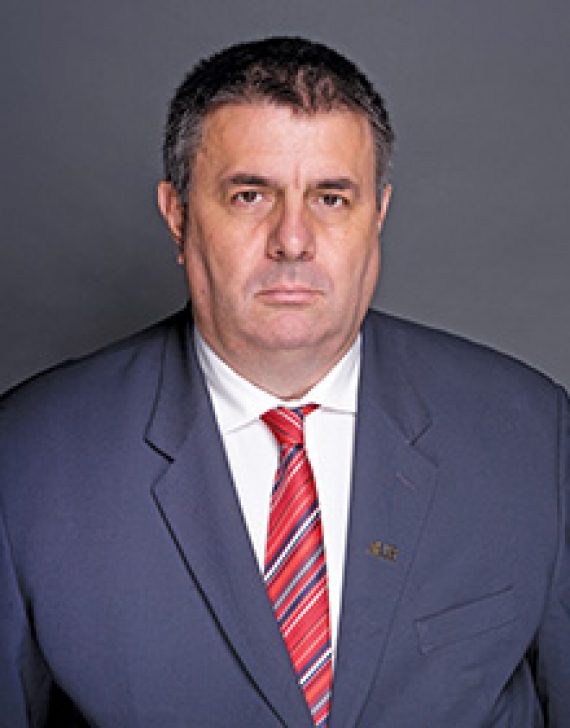
Prof. Dusko Tomic
Professor / Program Director - Security And Strategic Studies
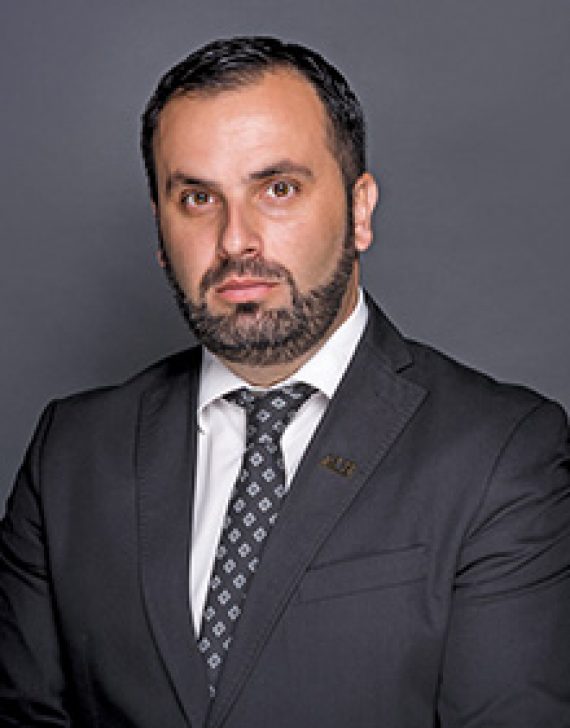
Dr. Eldar Šaljić
Associate Professor / Program Director - Security Studies And Information Analysis
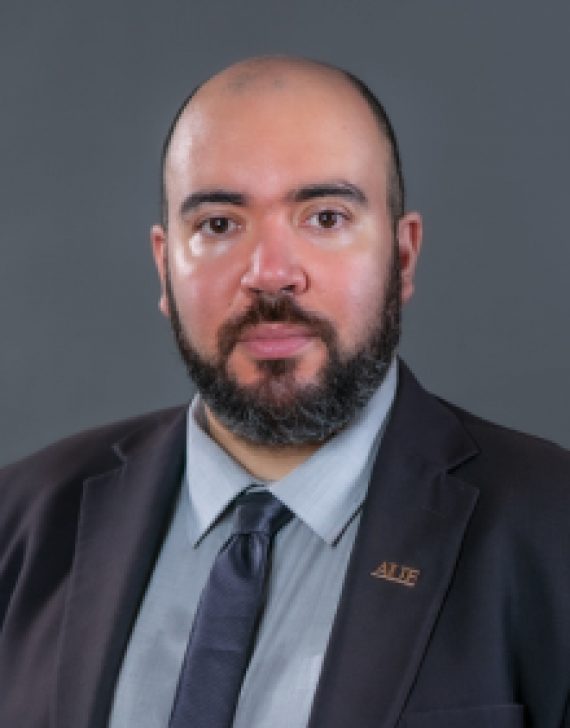
Dr. Mohamed El Yattioui
Assistant Professor / Program Director - Diplomacy
Graduation Requirements
For graduate degree completion, graduate students must satisfy the following requirements:
- Earn a minimum CGPA of 2.00 on a scale of 4.00.
- Successfully complete all courses as described in the study plan.
- The Degree Completion requirements must be met within the timeframe of the program.
- Successfully complete the “Thesis” course.
Joining the Program
- Fall Semester
-
September
-
Spring Semester
- January
- Summer Semester
- May
